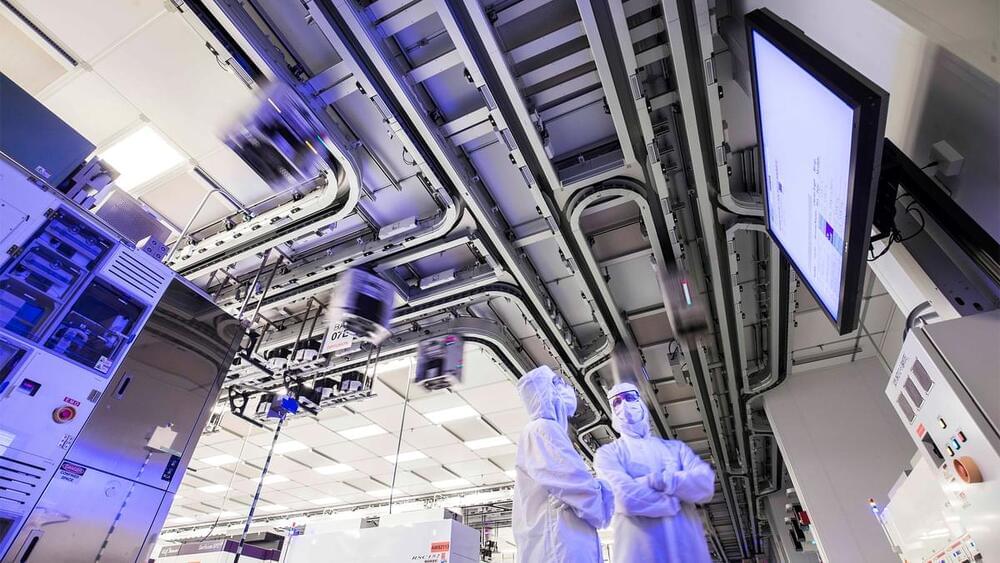Quantum Systems, the Munich-based manufacturer of dual-use reconnaissance drones that use multi-sensor technology to collect data for government agencies and commercial users, confirms for the first time the deployment of a previously unreleased AI sensor upgrade of the type “Receptor AI” in Ukraine. The new upgrade kit is based on a Jetson Orin Nvidia chip and several sensors for the Vector reconnaissance drone. The further development enables optical navigation during the day and at night and in poor visibility conditions, as well as automated AI-supported object recognition and identification. In times of electronic warfare, navigation is the biggest challenge for the use of drones.
“We are implementing the upgrade without any weight changes and with the same range. We are designing these adaptations without fundamental changes to the existing platform architecture,” says Daniel Kneifel, Director of Software Engineering at Quantum Systems.
“We are demonstrating that AI does not have to be an abstract topic, but offers tangible benefits in use. For Quantum Systems, the combination of hardware and software is crucial to being able to offer market-leading solutions in the field of aerial intelligence,” says Sven Kruck, CRO and Managing Director, Quantum Systems.









